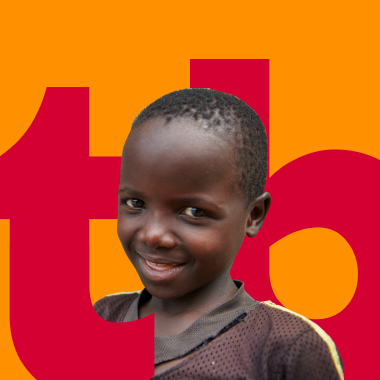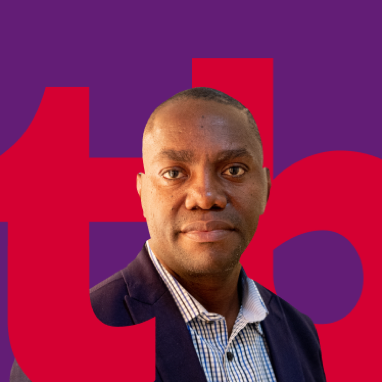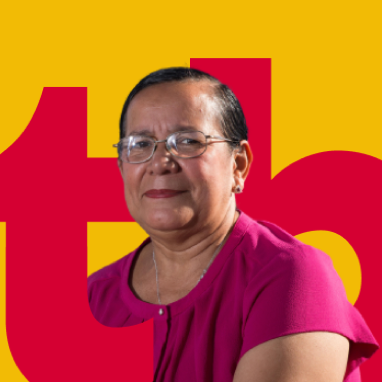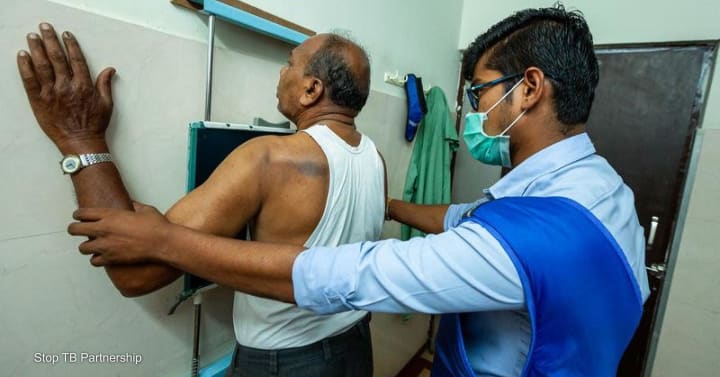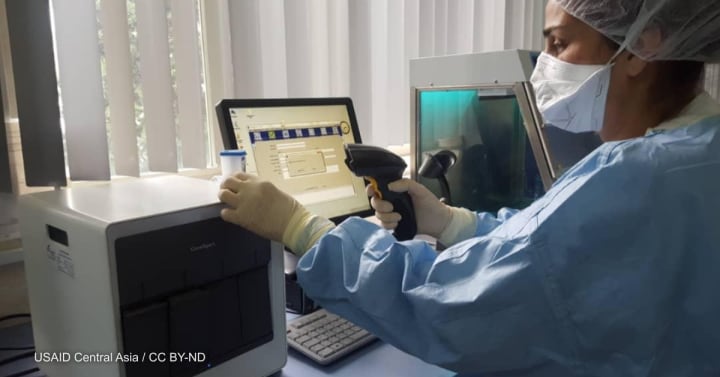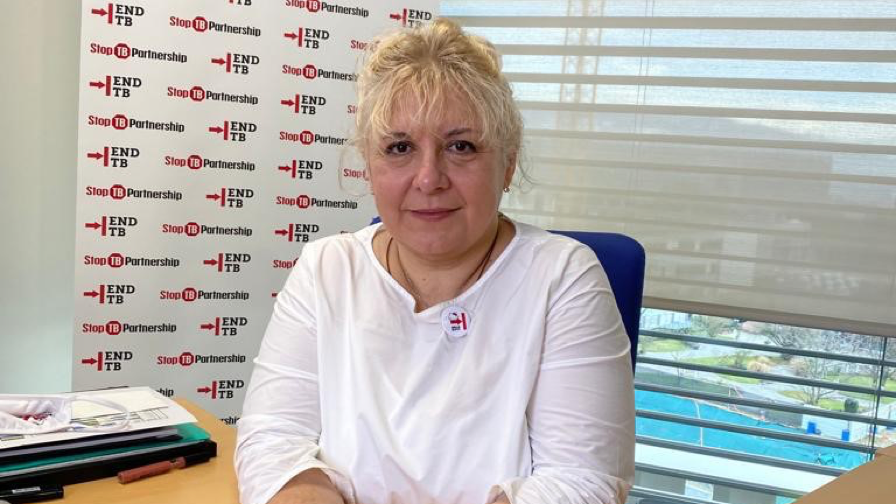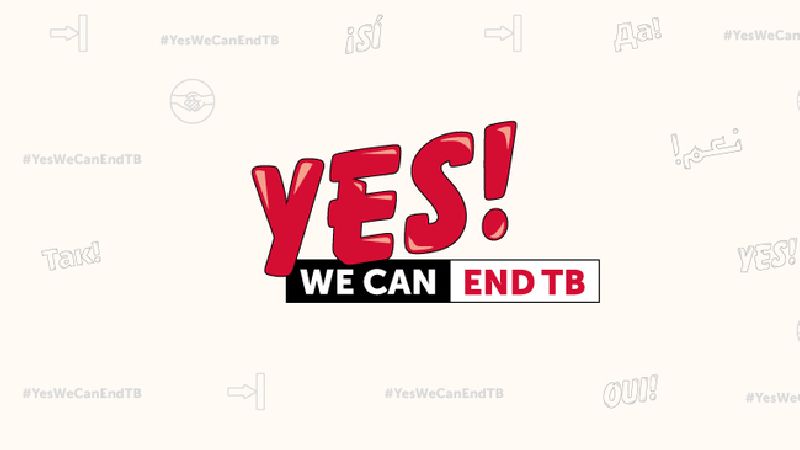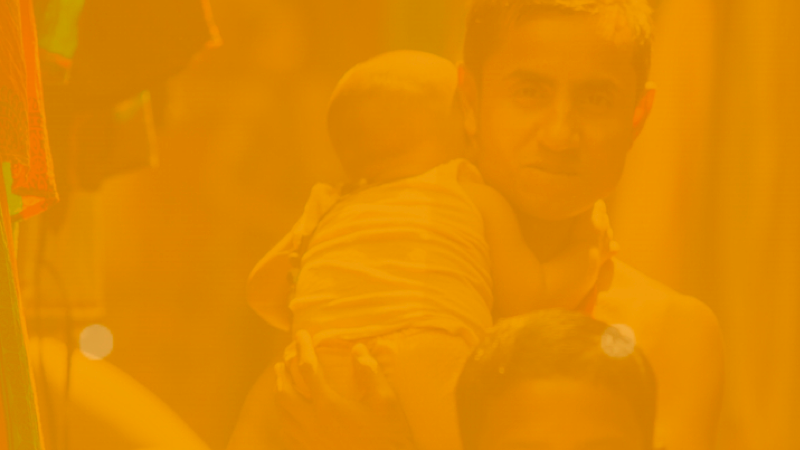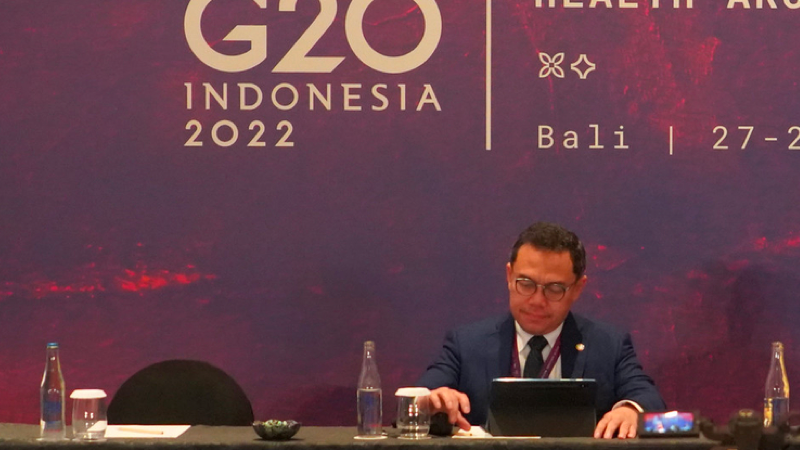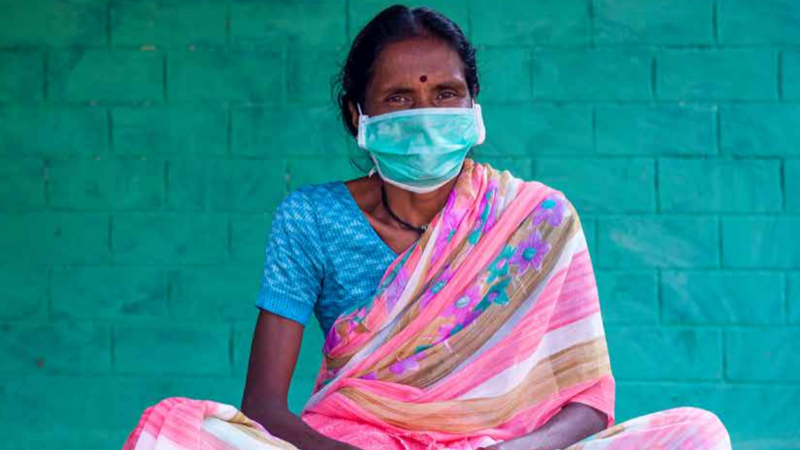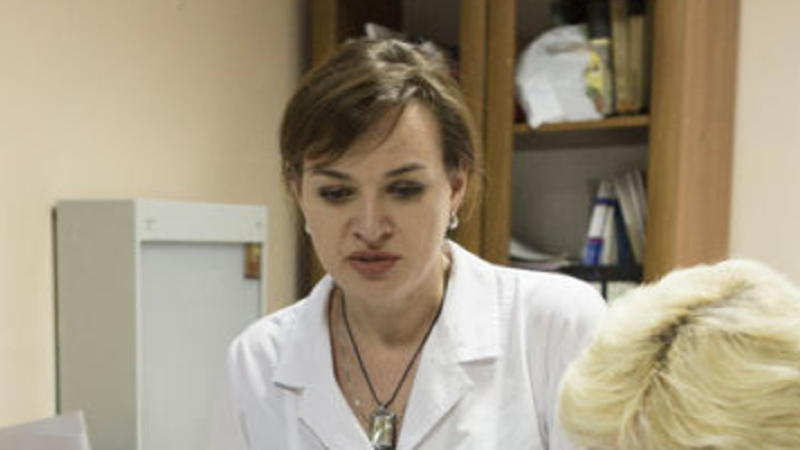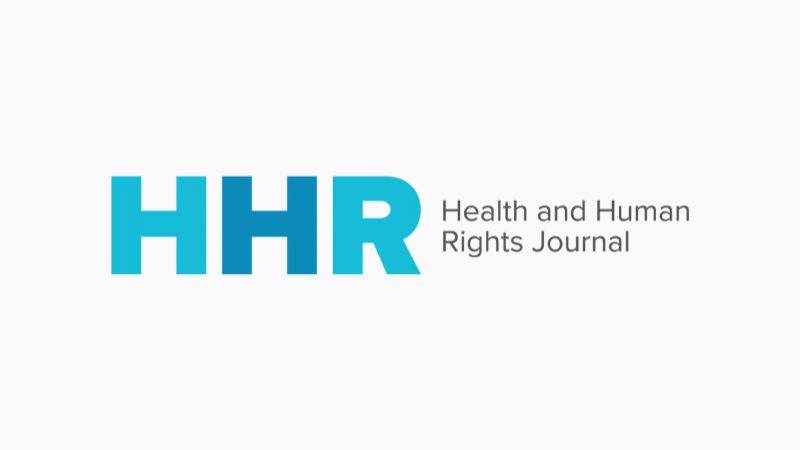
Eliminating tuberculosis is possible. Yet, this preventable and largely treatable infectious disease takes the lives of 1.5 million people every year. The COVID-19 pandemic has jeopardized years of painstaking progress on eliminating the disease. The time for paradigm shift and a renewed focus on TB is now. Join Devex and Stop TB Partnership in the #TalkingTB series, where we'll explore how to get efforts to end TB back on track — from hearing about the realities of living with the disease, to how technology could be leveraged to help, and what lessons can be learned from other diseases to tackle tuberculosis.
Themes
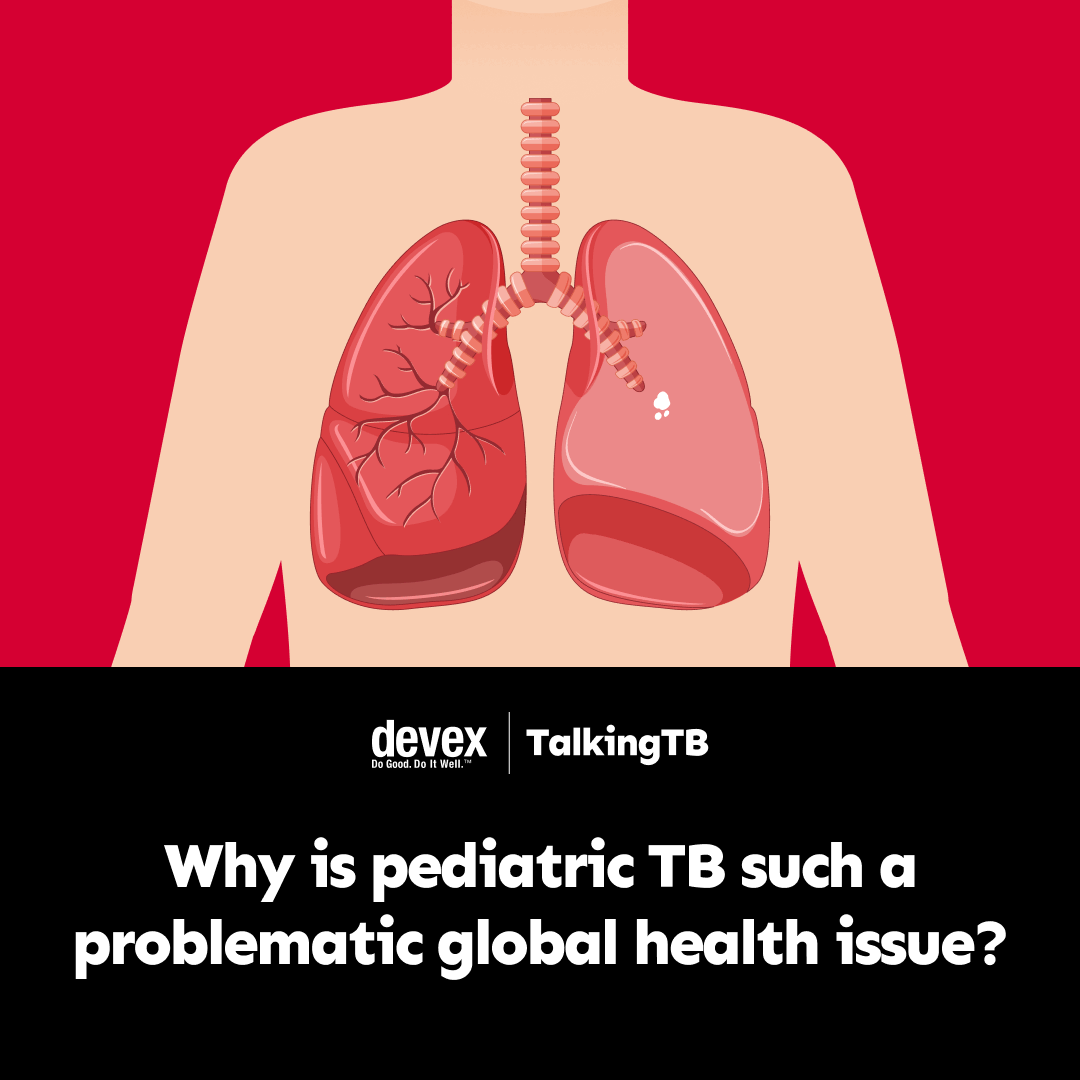
Gaining momentum: Looking forward, learning from past successes
Leveraging technology: Scaling up tools for impact
Living with TB: Community experiences and solutions
Dynamics of a disease: Characteristics and challenges
More news on TB

Aid freeze, waiver, termination, reversal: Stop TB awaits clarity from US
By Jenny Lei Ravelo
We assume the reversal is “for the lifesaving work for which we had a waiver, but we don't know,” Stop TB Partnership’s Dr. Lucica Ditiu tells Devex.

Finding the hard-to-reach TB patients in Pakistan
By Sara Jerving
When a tuberculosis patient is detected too late, it’s often a more severe case and has already spread throughout the community. Organizations in Pakistan are experimenting on how to better reach the hard-to-reach patient.

Increasing health access for Pakistan’s shunned transgender population
By Sara Jerving
Many transgender people avoid visiting health facilities where they can be mocked and mistreated. But community-based efforts are working to ensure these people have access to health care.

Fighting drug-resistant TB was costly. Here's how that's changed
By Andrew Green
Nearly universal access to bedaquiline was only secured in 2023 following yearslong effort involving behind-the-scenes negotiations and public challenges by activists and survivors of multidrug-resistant tuberculosis.

The battle for limited Global Fund resources
By Jenny Lei Ravelo
Tuberculosis has received the lowest Global Fund disease allocation for years. But now, ahead of a board decision in November, TB advocates want a fairer split. Their petition has so far garnered over 10,000 signatures.
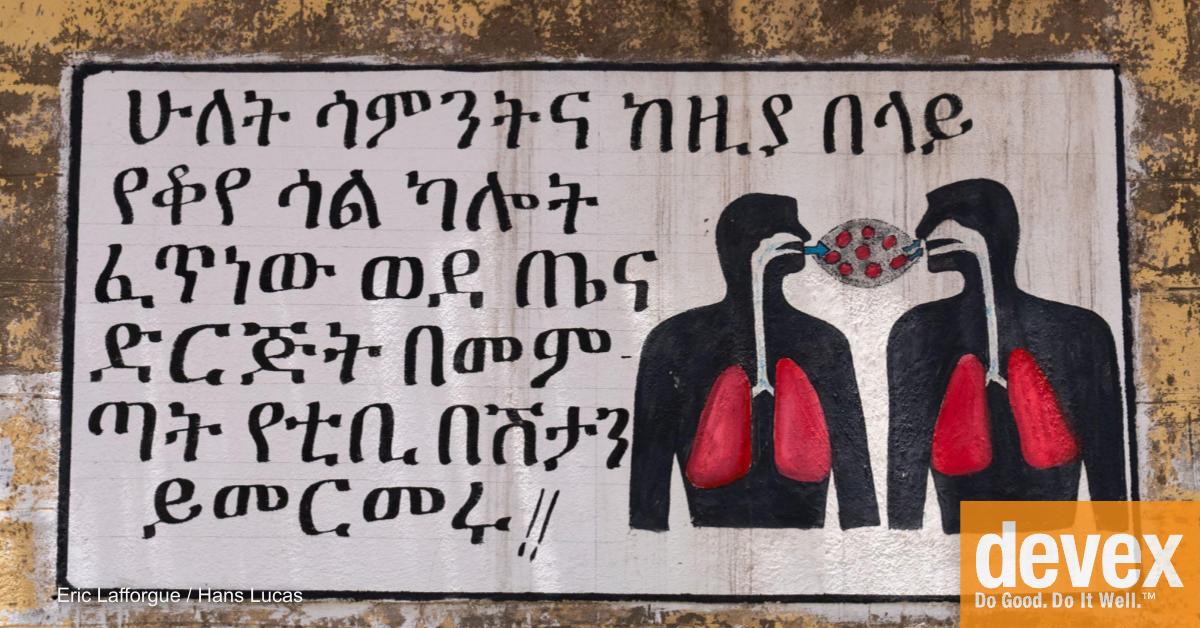
New The Union head says eliminating TB ‘doable’ but ‘expensive’ Pro.
By Jenny Lei Ravelo
Dr. Cassandra Kelly-Cirino says a lot of countries will continue to need international funding to tackle tuberculosis — but given the global health funding crunch, domestic commitments could become even more important.

4 questions for John Green, the 'tuberculosis hater'
By Jenny Lei Ravelo
John Green is known for writing best-selling young adult fiction novels. But recently, he's been lending his star power to another cause: tuberculosis.

WHO's Jeremy Farrar says he's optimistic about tuberculosis. Here’s why
By Jenny Lei Ravelo
The world's only licensed vaccine for tuberculosis is more than a century old and is not effective in preventing TB disease among adults. But there's hope with the current pipeline of vaccines.

Study: Common antibiotic reduces risk of drug-resistant tuberculosis
By Jenny Lei Ravelo
MDR-TB is more challenging to treat, and medications can produce many side effects. However, there are currently no preventive treatments for MDR-TB for adults or children.
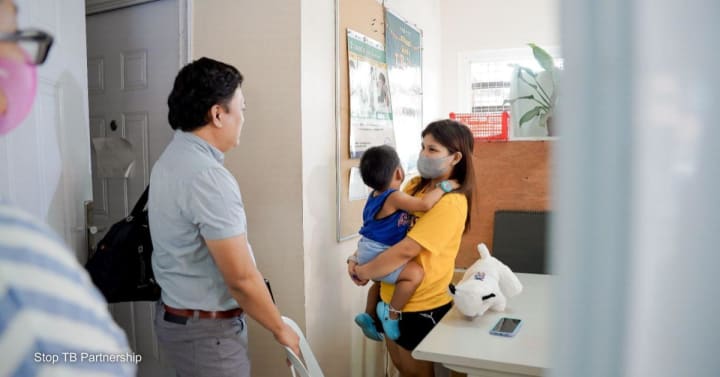
The harsh reality of multidrug resistant TB in children
By Jenny Lei Ravelo
Only about 12%-16% of children and young adolescents with MDR-TB or rifampicin-resistant TB were diagnosed and treated in 2022. Diagnosing them is hard, and the treatment course is lengthy and side-effect-prone.

WHO recommends shorter treatment for drug-resistant TB
By Jenny Lei Ravelo
WHO has previously recommended shorter treatment regimens for drug-resistant TB, but only under operational research conditions, meaning only very few countries can use it — this new recommendation looks to change that.
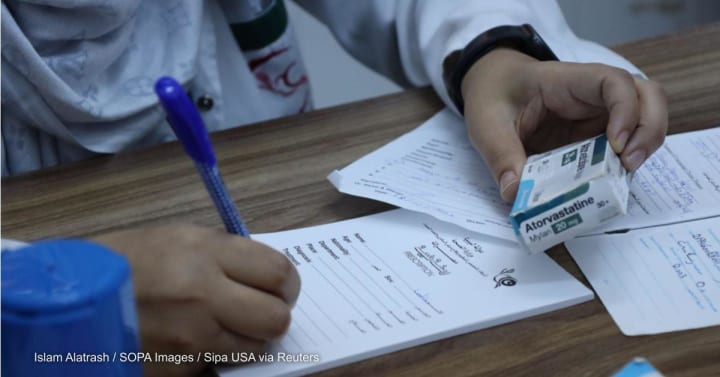
The Global Fund embraces integration of chronic diseases
By Andrew Green
Links between AIDS and TB and noncommunicable diseases have driven calls for the Global Fund to expand its focus to offer more funding for services that integrate NCDs such as cardiovascular disease and diabetes.
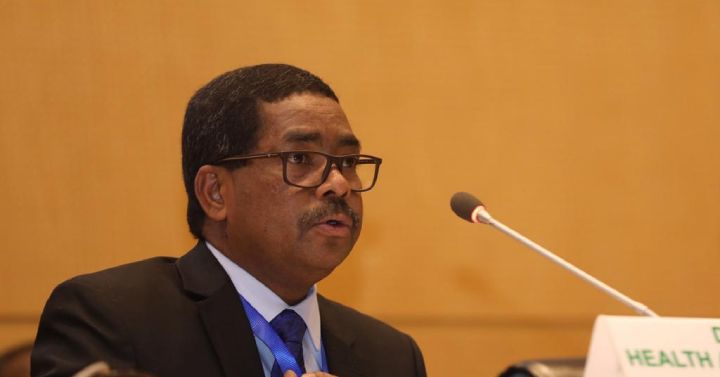
Yes! We Will End TB!
By Prof. Julio RAKOTONIRINA, Director of Health and Humanitarian Affairs, African Union Commission
Active case-finding breaks the chain of transmission and turns off the tap for TB. To help focus efforts, policies, and funding on that, Guy Marks from the International Union Against Tuberculosis and Lung Disease, is busting five harmful misconceptions.
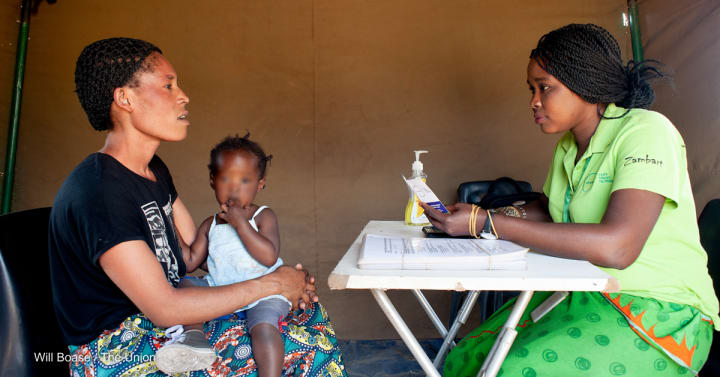
Opinion: Myth busting 5 tuberculosis misconceptions on World TB Day
By Guy Marks
Active case-finding breaks the chain of transmission and turns off the tap for TB. To help focus efforts, policies, and funding on that, Guy Marks from the International Union Against Tuberculosis and Lung Disease, is busting five harmful misconceptions.

Is tuberculosis being left out of climate-health debate?
By Jenny Lei Ravelo
Unlike diseases such as malaria and dengue, the links between climate change and TB aren’t as direct. But the impact of climate change on issues such as displacement and malnutrition can have serious consequences for TB, according to experts.

Opinion: How beating TB today better prepares us for pandemics tomorrow
By Janika Hauser, Madhukar Pai
There is a series of opportunities for dual impact in the fight against tuberculosis and the effort to prepare for future pandemics. Three, in particular, warrant closer consideration.
DevExplains: How NGOs can access Global Fund grants
By Jenny Lei Ravelo
The Global Fund hopes to send country allocation letters before the year ends, which kicks off the whole funding request process.
The Global Fund’s top 10 implementing partners
By Miguel Antonio Tamonan
The Global Fund has invested over $50 billion in more than 100 countries in the last two decades. We looked into the data to see where the money is going and who are implementing the grants.
Global Fund pledge: ‘It’s not too late to take action,’ NGOs urge UK
By Jenny Lei Ravelo
In two weeks, the board of the Global Fund to Fight AIDS, Tuberculosis and Malaria will be meeting to decide how much total grant funding will be made available to countries in the next three years, without additional pledges from big donors such as the U.K.
$250B plan to end TB seeks new vaccine by 2025
By Jenny Lei Ravelo
The plan requires $250 billion in funding from now through 2030 — a significant challenge for a disease that has been chronically underfunded.
Opinion: Why Canada needs to step up Global Fund support this year
By Leigh Raithby
The Global Fund has asked donors to increase their contributions by 30% over 2019 levels due to the devastating impact of COVID-19 on health services. Advocates around the world are looking to Canada to set this precedent.
New agreements cut price for short-course TB treatments to under $20
By Jenny Lei Ravelo
Short-course rifapentine-based TB regimens help patients complete their preventive treatment, compared to taking multiple pills daily for six months. Health organizations hope the reduced pricing will lead more countries to roll out the shorter regimen.
TB Knowledge Hub
Produced by
Devex
Devex is the media platform for the global development community. A social enterprise, we connect and inform over one million development, health, humanitarian, and sustainability professionals through news, business intelligence, and funding & career opportunities so you can do more good for more people.
In Partnership with
Stop TB Partnership
The Stop TB Partnership brings together expertise from a broad spectrum of country, regional, and global partners in our shared mission to revolutionize the TB space and end TB by 2030.



